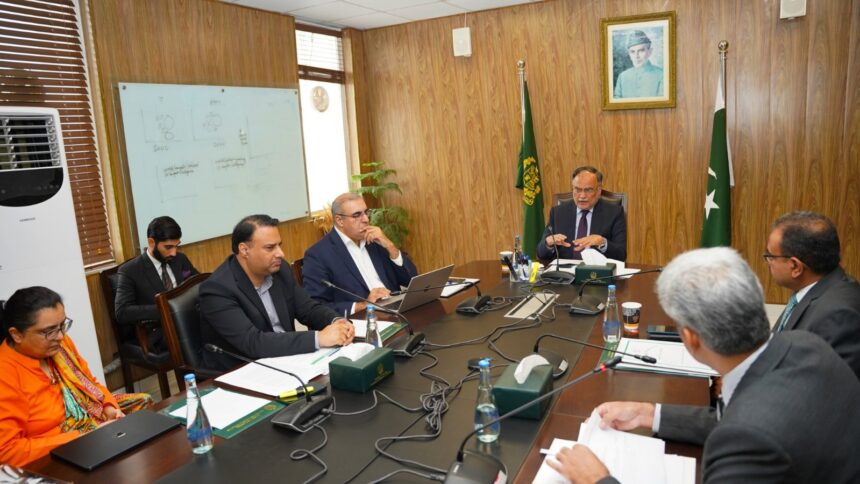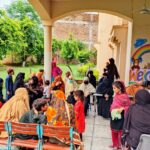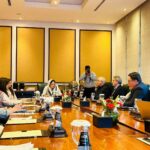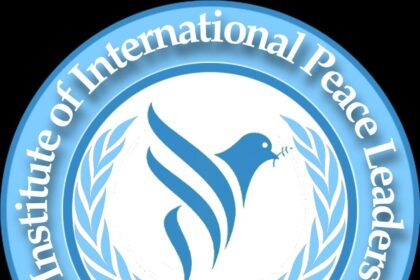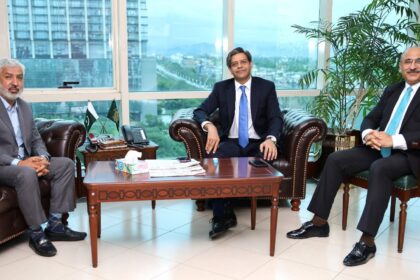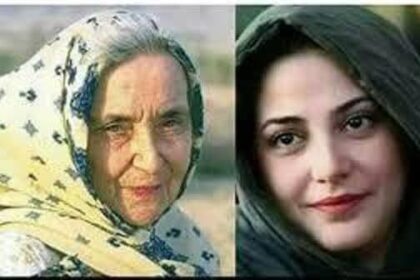The federal government has emphasized the need to develop a comprehensive national narrative to combat extremism, promote social harmony, and ensure meaningful participation of youth in Pakistan’s development. The call came during the fifth meeting of the Steering Committee on Socio-Political Reforms, chaired by Federal Minister for Planning, Development and Special Initiatives, Ahsan Iqbal.
During the meeting, Minister Ahsan Iqbal issued several key directives focused on the youth. He stressed the importance of fostering tolerance over hatred among young people through coordinated institutional efforts. The minister highlighted the challenges posed by the current era of information warfare, urging that youth must be intellectually guided by the thoughts and philosophy of Allama Iqbal to shield them from ideological confusion and manipulation.
Ahsan Iqbal also underscored the need to create emergency employment opportunities for youth in conflict-affected and underdeveloped areas. He pointed out that the government has launched a special initiative to generate jobs and spur economic activity in the country’s 20 poorest districts. Reflecting on past achievements, the minister noted that from 2013 to 2018, five thousand talented students from Balochistan and former FATA regions were awarded scholarships.
The meeting also issued directives to the Higher Education Commission (HEC) to take concrete actions for integrating scholarship recipients from Balochistan into mainstream national development. Vice-chancellors of universities in Punjab and Islamabad were similarly asked to play a proactive role in promoting social cohesion and including students in the national mainstream.
To further enhance unity among students and counter divisions, the committee recommended an end to hostel allotments in universities based on linguistic or ethnic backgrounds. The meeting also directed provincial governments to design comprehensive programs aimed at fostering patriotism and national awareness among youth, especially in connection with Independence Day celebrations.
Emphasizing the influence of media, the committee asserted that drama productions should be used not merely for entertainment, but also as effective vehicles for social reform and the dissemination of positive messages.
The meeting, attended by senior officials from provincial governments, NACTA, the Ministry of Information and Broadcasting, the Ministry of Law and Justice, PEMRA, HEC, and the Ministry of Planning, also reviewed the implementation of decisions from previous sessions. Participants were urged to ensure timely and effective follow-through to establish lasting harmony at the national level.




